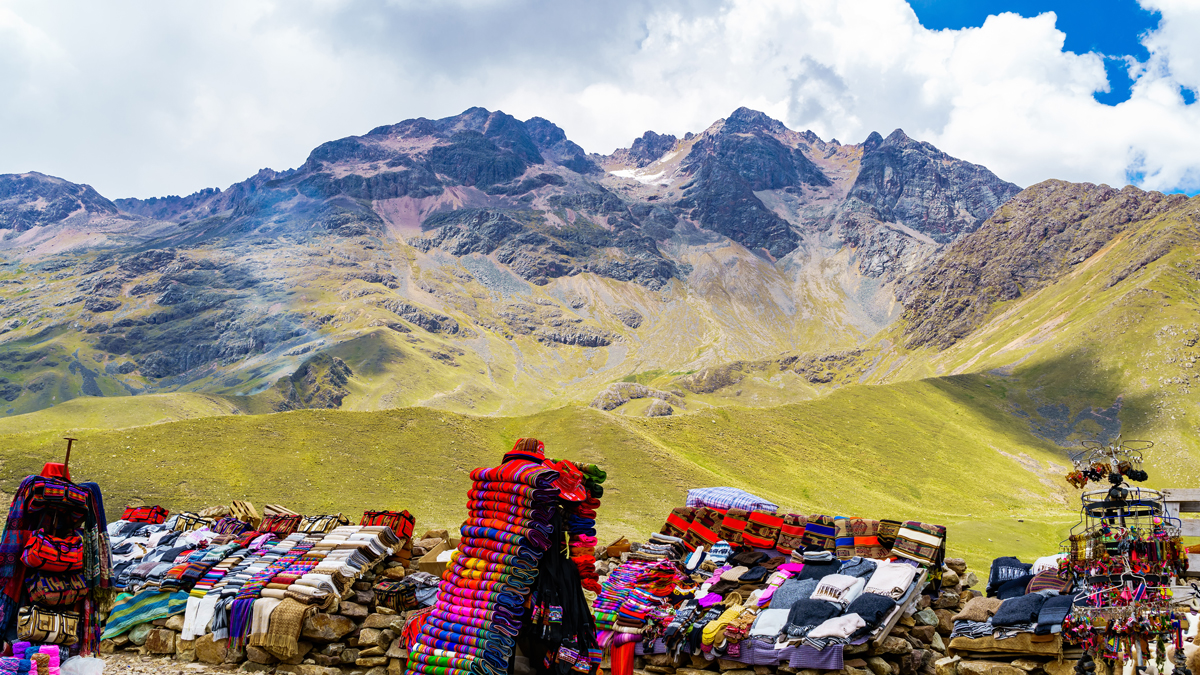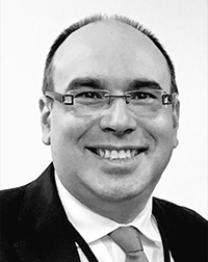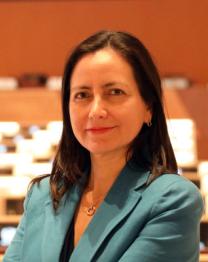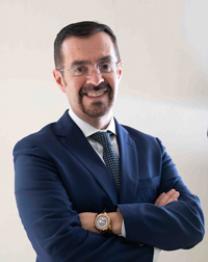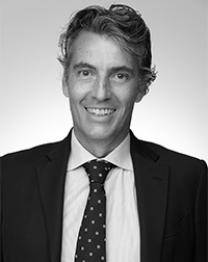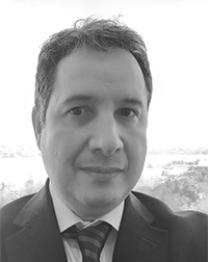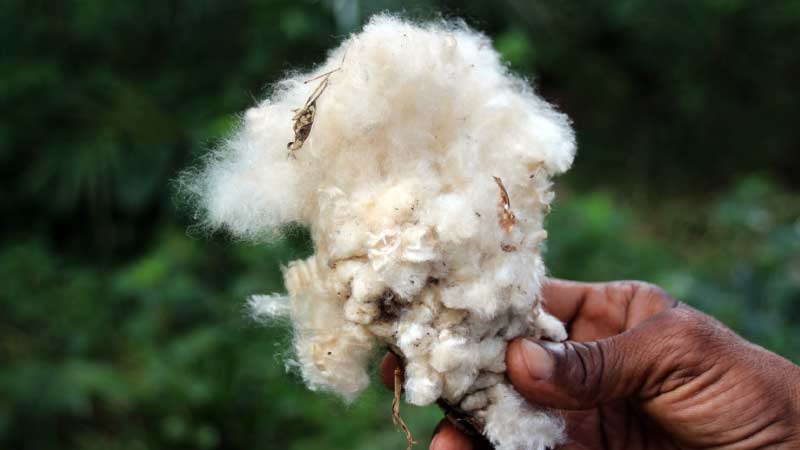By invitation only. Event will be delivered in Spanish only
Context
The interaction between trade and the environment has become an area of critical interest for both multilateral trade policy discussions and market access in South-North and South-South trade.
First, the multilateral trading system, including the WTO, UN Trade and Development and the ITC, plays a fundamental role in shaping the rules and processes that govern international trade and development, which in turn impacts environmental sustainability. Likewise, today there are more than 250 multilateral environmental agreements that generate a great influence on what and how we produce and trade, particularly with respect to the application of environmental sustainability criteria and in terms of safety and health.
Second, there are growing demands from consumers and other public and private actors in developed countries about the sustainability of products consumed, including those imported from developing countries. This has resulted in the expansion of demand for products with voluntary sustainability certification, and more recently in the introduction (or discussion) of mandatory sustainability requirements, impacting access to these markets for different products, notably food and raw materials of agricultural origin.
Specific topics to discuss at the seminar include:
- The evolution of the nexus between trade and environment in the multilateral trading system
- Trade and environment in regional and bilateral agreements
- The importance of environmental standards (voluntary and mandatory) in international trade in agricultural products
- Trade and the ocean economy and the WTO fisheries subsidies agreement
- Carbon price and instruments in the carbon market
- Trade and Climate Change
- Trade, plastic pollution and the circular economy
Goals
This seminar, organized by UNCTAD, MINCETUR and SECO, within the framework of the Swiss Capacities Program for Trade Policies (C4TP), aims to bring together government officials and other selected public and private actors from various sectors to exchange knowledge and experience. on these issues, as well as building capacity on synergies and current challenges in the links between trade and the environment. This is oriented to the interests of Peru within the framework of the WTO and the relevant trade agreements.
Methodology
The seminar will employ a combination of technical presentations, case studies, interactive online discussions between participants, as detailed in the event agenda. The presenters will be UNCTAD experts with extensive experience and work experience on the specific topics in their charge.
David Vivas Eugui is Chief (a.i) of the Trade, Environment and Sustainable Development Branch at UNCTAD.
Previously, he was a Senior Economic Affairs Officer in UNCTAD’s Trade Negotiations and Commercial Diplomacy Branch, Deputy Programmes Director at the International Centre for Trade and Sustainable Development (ICTSD), Senior Attorney at the Center for International Environmental Law (CIEL), Attaché for Legal Affairs at the Mission of Venezuela to the World Trade Organization (WTO) and Staff Attorney at the Venezuelan Institute of Foreign Trade. David is an international expert with more than 20 years of experience on legal and economic issues.
He has worked as an advisor and consultant for various institutions, international and national organizations and has lectured on intellectual property, trade, oceans economy and environmental law at the University of Strasbourg (CEIPI), Universidad de Buenos Aires (Argentina), Universidad Javeriana (Colombia), Maastricht University (the Netherlands), WIPO Distant Learning Academy, and University of Business and International Studies (Switzerland).
He holds a JD from the Universidad Catolica Andres Bello, an LLM from Georgetown University and a Master in Transnational Business from the Universidad Externado de Colombia.
Dr. Claudia Contreras joined UNCTAD in 2013.
Since 2020, she is an Economic Affairs Officer at the Trade, Environment and Sustainable Development Branch. Her work is focused on the interlinkages between climate change, environment, and trade and development.
Formerly, Claudia was a member of the Secretariat of the United Nations Commission on Science and Technology for Development (CSTD), and worked for the Chilean government on science, technology, and innovation policy.
Claudia holds a BSc in Economics from the University of Chile and graduated with an MSc in Management Research and a PhD in Development Studies from the University of Oxford.
Enrique Lendo es economista graduado del Instituto Tecnológico de Estudios Superiores de Monterrey con Maestría en Política Ambiental de la Universidad de Indiana. Se ha desempeñado por más tres décadas en las áreas de medio ambiente, cambio climático, finanzas sostenibles (ASG), comercio internacional y responsabilidad social corporativa con gobiernos, empresas y organismos internacionales.
Actualmente es Director General en México de EAWD, empresa especializada en soluciones para enfrentar los retos de agua y energía mediante tecnologías innovadoras y sostenibles. Antes, fue Coordinador de Finanzas Sostenibles del Programa de Naciones Unidas para el Medio Ambiente, en donde apoyó a diversas instituciones financieras de México y América Latina en el manejo de riesgo climático y la movilización de activos financieros.
De 2007 a 2018, fue titular de la Unidad Coordinadora de Asuntos Internacionales de la SEMARNAT, a cargo de la administración de más de 150 acuerdos internacionales, posicionando a México como líder en materia de desarrollo sostenible. Entre sus logros destaca la incorporación de los intereses de México en el Acuerdo de París de Cambio Climático, la Agenda 2030 de Desarrollo Sostenible, la Estrategia de Crecimiento Verde del G20, el Convenio de Diversidad Biológica y más recientemente el Tratado México-Estados Unidos-Canadá (T-MEC). También ha publicado diversos artículos en revistas especializadas, libros y periódicos.
Marco Fugazza serves as an Economist at United Nations Trade and Development (UNCTAD) with expertise in international trade and development economics. Before joining the UN, he taught at Galatasaray University in Istanbul and worked as an Economist at the French Ministry of Labour. Additionally, he has provided consulting services to both the World Bank and the International Labour Organization. His research covers a wide range of topics in international trade and development, including trade policy, agricultural commodities, maritime connectivity, and the political economy of trade agreements. Over the course of his career, he has published numerous research papers and co-authored practical guides on trade analysis and Non-Tariff Measures. Recently, he authored a UN report on hemp and its applications, as well as an analysis on the missing trade in hemp products. He holds a PhD in Economics from the European University Institute and a master’s degree in international economics from the Graduate Institute of International and Development Studies.
Malick Kane has over ten years of experience coordinating projects and conducting research in the areas of green exports, climate change, and Non-Tariff Measures (NTMs). He has contributed to various publications on trade and climate change and is currently leading the implementation of regional projects aimed at promoting intra-African value chain development and climate resilience in West and Central Africa. In addition to his project management and research work, he is actively involved in developing and delivering both face-to-face and online training programs.
Malick joined UNCTAD in 2012 and is currently a member of UNCTAD’s Trade and Environment Branch. He also works closely with UNCTAD’s Trade Analysis Branch to which he belonged for the last 3 years. Before joining UNCTAD, he worked at UNITAR on environmental governance, green economy, and climate change.
He holds a Degree of Advanced Studies in Management and Analysis of Public Policies from the University of Geneva, Switzerland, and is also a graduate in Public Law and Political Science from the University of Toulouse, France.
Rodrigo Cárcamo Díaz is Chief (a.i.) at the Commodities Policy Implementation Section of United Nations Trade and Development (UNCTAD) in Geneva, Switzerland. During his more than two decades of experience working on different development issues, he has authored different publications on development issues, including journal articles, a book, book chapters and research papers. His current research interests are focused on sustainable agricultural value chains for export in developing countries. He also leads capacity-building projects on this topic in different developing countries, organizes international policy dialogue events, and represents UNCTAD in different international fora linked to agricultural commodities, trade and development issues. He holds an MPhil in Economics from the University of Oxford, and a Diploma in Statistics from the Universidad Católica de Chile.
Related
Topic
Trade and environment CommoditiesProgramme
Project
Contact
UNCTAD
David Vivas Eugui: [email protected]
Rodrigo Cárcamo-Díaz: [email protected]
MINCETUR
Miguel Angel García Paz: [email protected]
SECO – C4TP Project
Luis Abugattas: [email protected]

